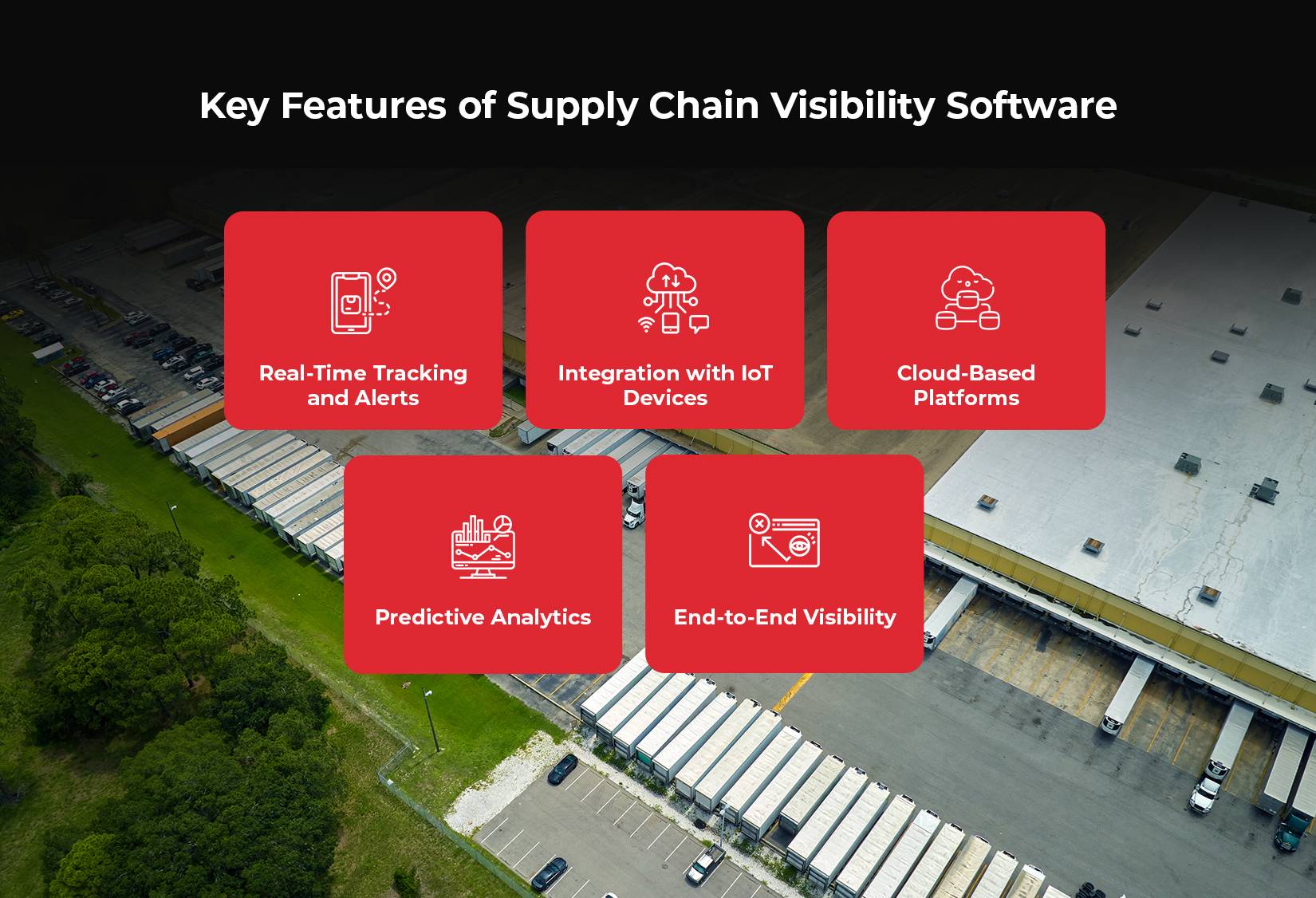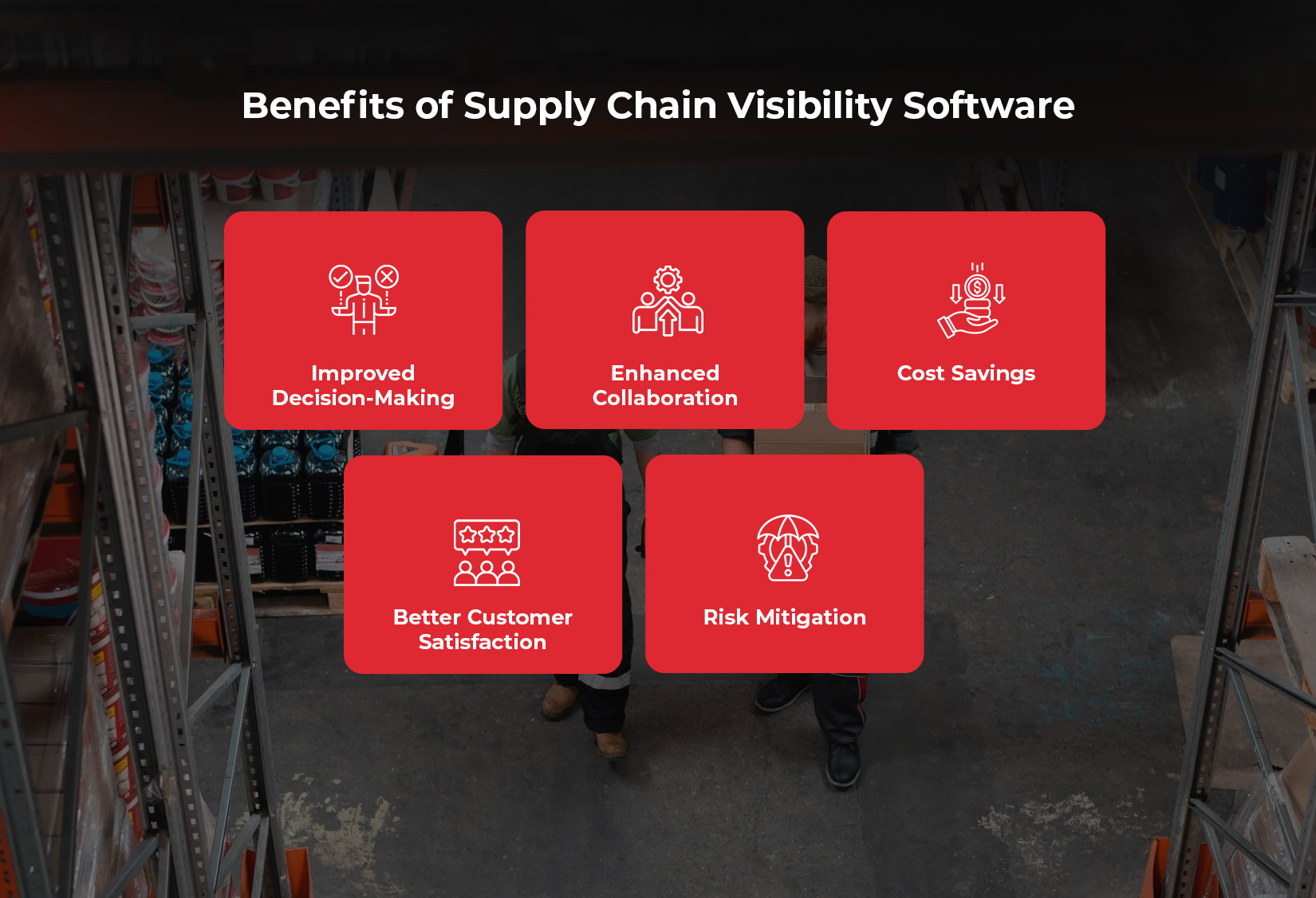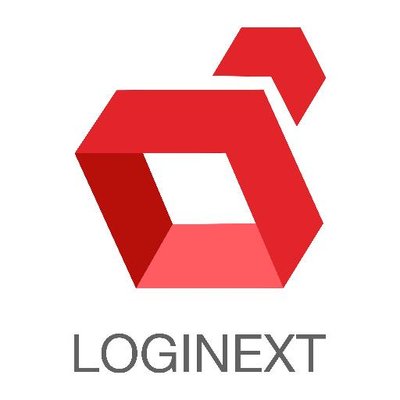
In today’s fast-paced global economy, businesses increasingly rely on robust supply chain visibility to maintain efficiency. This visibility helps reduce costs and ensures they remain competitive. Supply chain visibility software has become a pivotal tool, offering real-time insights. These insights empower better decision-making across the logistics and operations landscape. This blog explores how these software solutions enable organizations to optimize their supply chains. Along with that it also explores on how to improve operational efficiency, and achieve greater customer satisfaction.
Why Supply Chain Visibility Matters
The complexity of modern supply chains demands real-time monitoring and data-driven decisions. With components sourced globally, logistics operations involve multiple stakeholders. Stakeholders include- manufacturers, distributors and third-party logistics. A lack of transparency can lead to delays, inefficiencies and lost opportunities.
According to a survey by Forbes, 94% of supply chain leaders reported that visibility and resilience are crucial for success. This is where supply chain visibility system steps in, offering seamless tracking, better forecasting and enhanced collaboration among stakeholders.
What is Supply Chain Visibility Software?
Supply chain visibility software is a technology solution designed to provide comprehensive real-time tracking and monitoring of goods as they move through the supply chain. This software integrates with existing systems such as warehouse management or transportation management software. This helps to centralize data and provide actionable insights.
With advanced capabilities like AI, IoT and cloud computing, these tools deliver and end-to-end view of supply chain activities. Companies adopting the best supply visibility software for real-time tracking benefit from reduced operational inefficiencies and faster response times to disruptions.
Key Features of Supply Chain Visibility Software

1. Real-Time Tracking and Alerts:
Real-time supply chain visibility software allows businesses to monitor shipments and inventory movement at every stage of the supply chain. The software provides instant alerts for delays, disruptions, or anomalies, empowering teams to respond proactively and mitigate potential issues before they escalate. This feature ensures that stakeholders can maintain operational efficiency and meet delivery timelines.
2. Integration with IoT Devices:
IoT-enabled sensors offer precise, real-time data on critical factors such as temperature, humidity, vibration, and location. For industries like pharmaceuticals and food logistics, where compliance with strict storage conditions is vital, this granular data ensures product integrity. IoT integration also supports predictive maintenance, reducing downtime and enhancing operational continuity.
3. Cloud-Based Platforms:
Cloud-Based supply chain visibility software allows businesses to scale operations effortlessly while providing seamless access to data for all stakeholders, regardless of location. These platforms eliminate the need for heavy IT infrastructure and enable real-time collaboration across teams and partners. Automated updates and centralized storage enhance reliability and ease of use.
4. Predictive Analysis:
By leveraging machine learning and advanced algorithms, predictive analytics tools within supply chain visibility solution help forecast potential issues such as delays, demand fluctuations, or resource shortages. These insights allow organizations to optimize routes, streamline inventory management, and reduce operational inefficiencies, leading to cost savings and improved performance.
5. End-to-End Visibility:
Supply chain visibility software provides transparency from the procurement of raw materials to final-mile delivery. This comprehensive view enables organizations to monitor and manage every stage of the supply chain, ensuring compliance with quality standards and improving accountability. End-to-end visibility is essential for identifying bottlenecks and optimizing workflows for better overall efficiency.
Benefits of Supply Chain Visibility Software

1. Improved Decision Making:
Centralized, real-time data equips businesses with actionable insights to make informed decisions. By identifying bottlenecks, tracking inventory, and forecasting demand, supply chain visibility system allows teams to plan resources effectively and respond to dynamic market conditions. Data-driven decision-making minimizes risks associated with guesswork.
2. Enhanced Collaboration:
Transparency across the supply chain fosters trust and cooperation among suppliers, manufacturers, distributers and customers. Cloud-based platforms enable real-time data sharing, improving communication and coordination. This association leads to smoother operations and stronger partnerships throughout the supply chain network.
3. Cost Savings:
Real-time monitoring and analytics reduce inefficiencies such as overstocking, delayed shipments, and underutilized capacity. By identifying and addressing these issues promptly, organizations can cut down on operational costs, optimize inventory management, and improve profitability. Predictive tools also help in minimizing resource wastage.
4. Better Customer Satisfaction:
Accurate tracking updates and timely deliveries are crucial for meeting customer expectations. Supply chain visibility tool ensures businesses can provide real-time status updates to customers. This helps in building trust and enhancing the customers overall experience. Consistent delivery performance strengthens customer loyalty and improves brand reputation.
5. Risk Mitigation:
Unforeseen events such as natural disasters, geopolitical conflicts, or supply chain disruptions can lead to significant losses. Visibility software helps identify potential risks early and enables companies to create effective contingency plans. This proactive approach minimizes the impact of disruptions, ensuring smoother operations and better resilience.
Real-World Applications
1. Retail Industry:
Major retailers like Walmart utilize real-time supply chain visibility software to maintain inventory levels and streamline operations across thousands of stores.
2. Pharmaceuticals:
Temperature-sensitive products rely on IoT-enabled tracking to ensure quality during transit.
3. E-commerce:
Companies like Amazon use predictive analytics to optimize delivery routes, ensuring faster last-mile deliveries.
Choosing the Right Supply Chain Visibility Software
When selecting a solution, businesses must consider the following:
1. Scalability:
Ensure the software can adapt to your organization’s growth.
2. Integration:
Opt for a solution that seamlessly integrates with existing systems.
3. Customization:
Different industries have unique needs; choose software that aligns with your specific requirements.
4. Cost:
Weigh upfront costs against long-term benefits, such as improved efficiency and reduced operational costs.
Investing in real-time supply chain visibility software for logistics can transform operations, helping companies stay ahead of the competition.
The Future of Supply Chain Visibility
The global supply chain visibility market is projected to grow from $5.3 billion in 2023 to $10.8 billion by 2030, at a compound annual growth rate (CAGR) of 10.7% (Source: Market Research Future).
Advancements in AI, blockchain, and IoT are set to revolutionize supply chain visibility further. These technologies will enable predictive modeling, fraud prevention, and a higher level of transparency, fostering trust and efficiency across the supply chain.
Conclusion
Supply chain visibility software has emerged as an essential tool for businesses looking to improve efficiency, enhance decision-making, and stay competitive in a global market. Whether it’s cloud-based supply chain visibility software or an end-to-end solution, these tools provide the transparency and insights needed to thrive.
For organizations aiming to adapt to modern challenges, investing in the best supply chain visibility software for real-time tracking is no longer optional—it’s a necessity. As technology continues to evolve, the potential for these tools to reshape logistics and supply chain management is immense. Embrace visibility today to secure a more resilient tomorrow. Click on the red button below and book a demo with LogiNext today.


